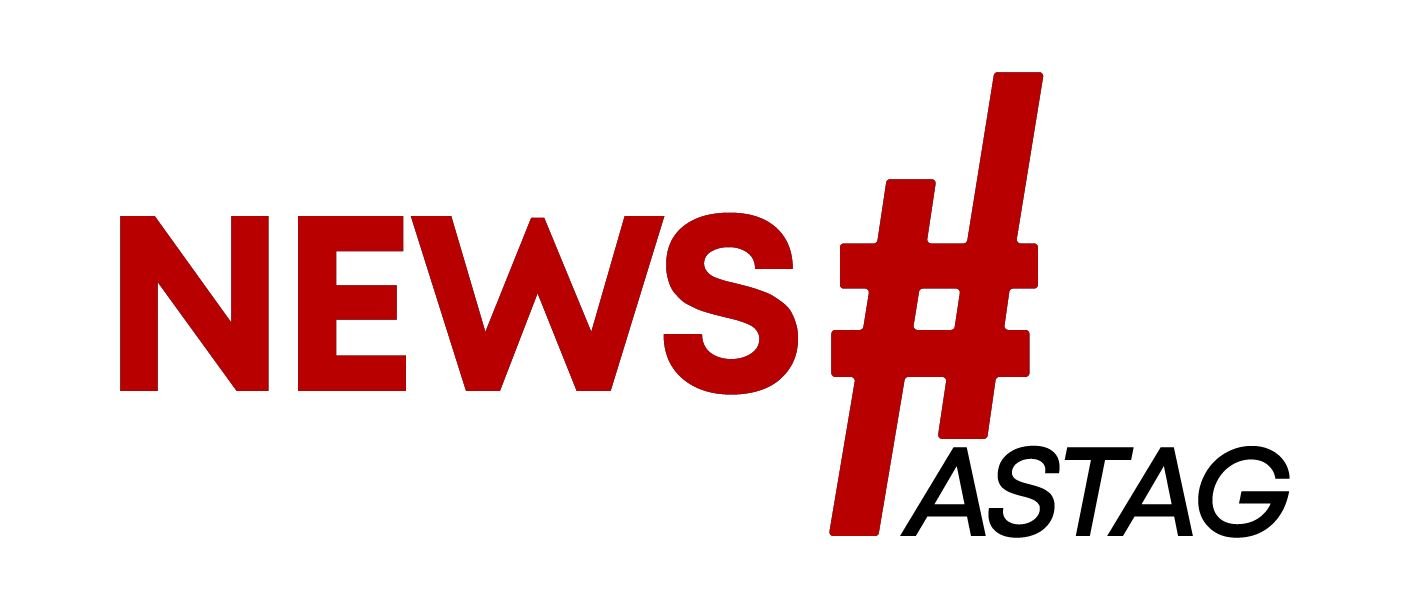Microsoft (MSFT) has officially announced that it has reached an agreement with Sony (SNE) to ensure the continued availability of the highly popular video game franchise, “Call of Duty,” on the PlayStation platform even after Microsoft completes its $69 billion merger with Activision Blizzard (ATVI). This agreement aims to address the concerns raised by Sony regarding potential competition issues arising from the merger, which would position Microsoft as the world’s third-largest video game publisher. As of now, Sony has not responded to the announcement.
In a tweet, Phil Spencer, the head of Xbox at Microsoft, expressed his satisfaction with the agreement: “We are pleased to announce that Microsoft and @PlayStation have signed a binding agreement to keep Call of Duty on PlayStation following the acquisition of Activision Blizzard. We look forward to a future where players globally have more choice to play their favorite games.” Sony had been vocal about its concerns regarding the acquisition and the potential impact on the availability of “Call of Duty.” Resolving these concerns could help Microsoft overcome any remaining opposition to the merger and bring it to a successful conclusion.
In response to regulatory concerns expressed by authorities worldwide, Microsoft had already entered into multiyear licensing agreements with competing companies such as Nintendo and Nvidia. These agreements were aimed at ensuring that Microsoft would not restrict access to Activision titles on platforms and consoles owned by these companies. The duration of the agreement with Sony has not been disclosed at this time.
Microsoft has been committed to addressing the concerns of regulators, platform and game developers, and consumers from the beginning of this acquisition process. Brad Smith, the President of Microsoft, stated on Twitter, “From Day One of this acquisition, we’ve been committed to addressing the concerns of regulators, platform and game developers, and consumers. Even after we cross the finish line for this deal’s approval, we will remain focused on ensuring that Call of Duty remains available on more platforms and for more consumers than ever before.”
During a recent five-day hearing in federal court, Microsoft executives, including CEO Satya Nadella, provided testimony assuring that properties like “Call of Duty” would not be restricted from competitors once the merger is completed. Last week, US District Judge Jacqueline Scott Corley ruled that the US government had not provided sufficient evidence to support its claim that the merged firm would likely withdraw “Call of Duty” from Sony PlayStation or substantially reduce competition in the video game library subscription and cloud gaming markets.
Microsoft is under contractual pressure to finalize the merger with Activision by July 18, although both companies have the option to mutually seek an extension. Last week, Microsoft achieved two consecutive court victories when a federal district court and a US appeals court rejected the request for a temporary block on the merger. The Federal Trade Commission had argued that a preliminary injunction was necessary to prevent immediate harm to video game consumers, as regulators believed Microsoft would withhold “Call of Duty” and other popular titles from competing consoles and cloud gaming services.
Brad Smith reiterated Microsoft’s commitment to address regulatory concerns, stating on Twitter, “From Day One of this acquisition, we’ve been committed to addressing the concerns of regulators, platform and game developers, and consumers. Even after we cross the finish line for this deal’s approval, we will remain focused on ensuring that Call of Duty remains available on more platforms and for more consumers than ever before.”
However, the Microsoft-Activision merger still faces an additional obstacle from the United Kingdom’s Competition and Markets Authority, with the expiration of the agreement between the two companies rapidly approaching.





